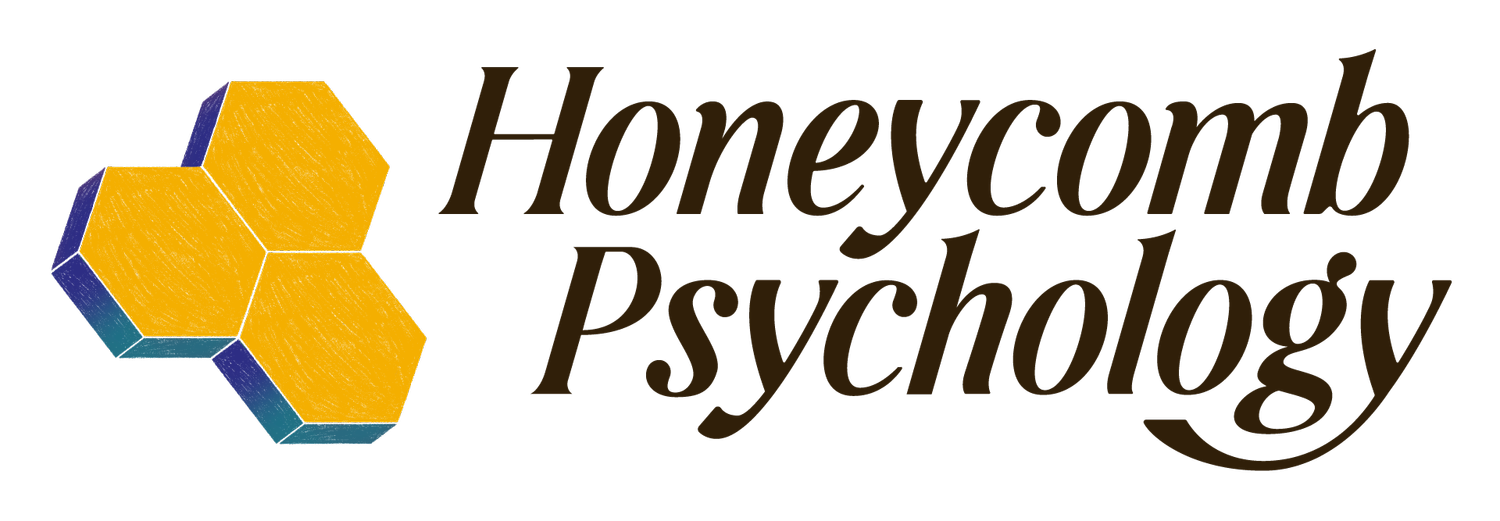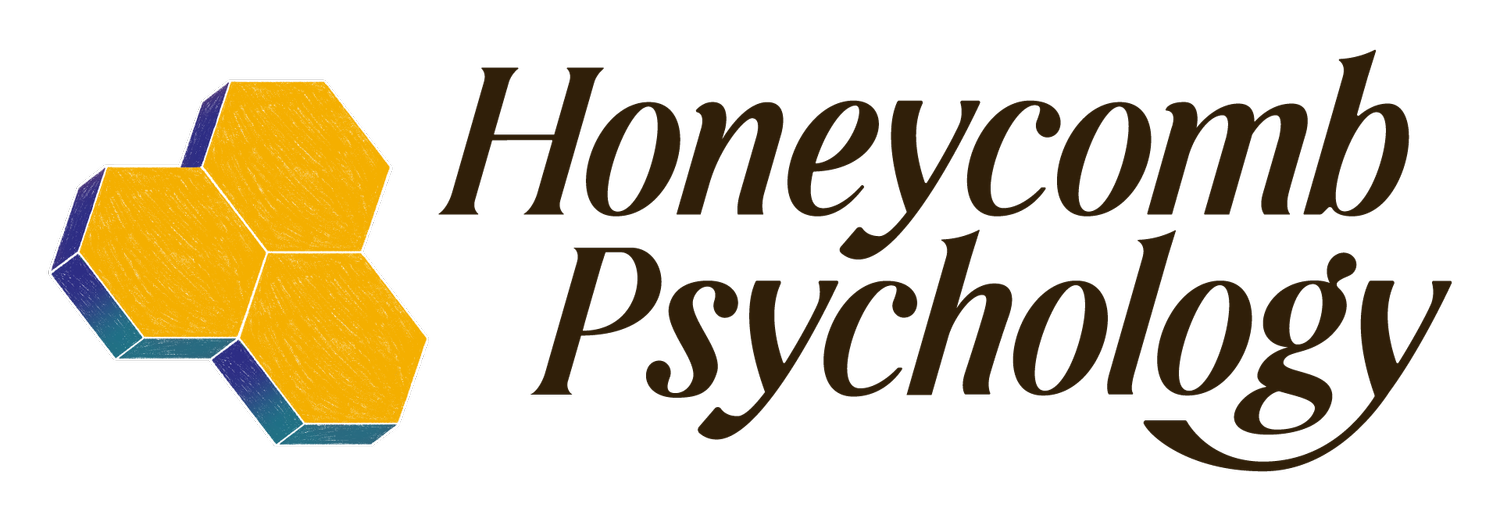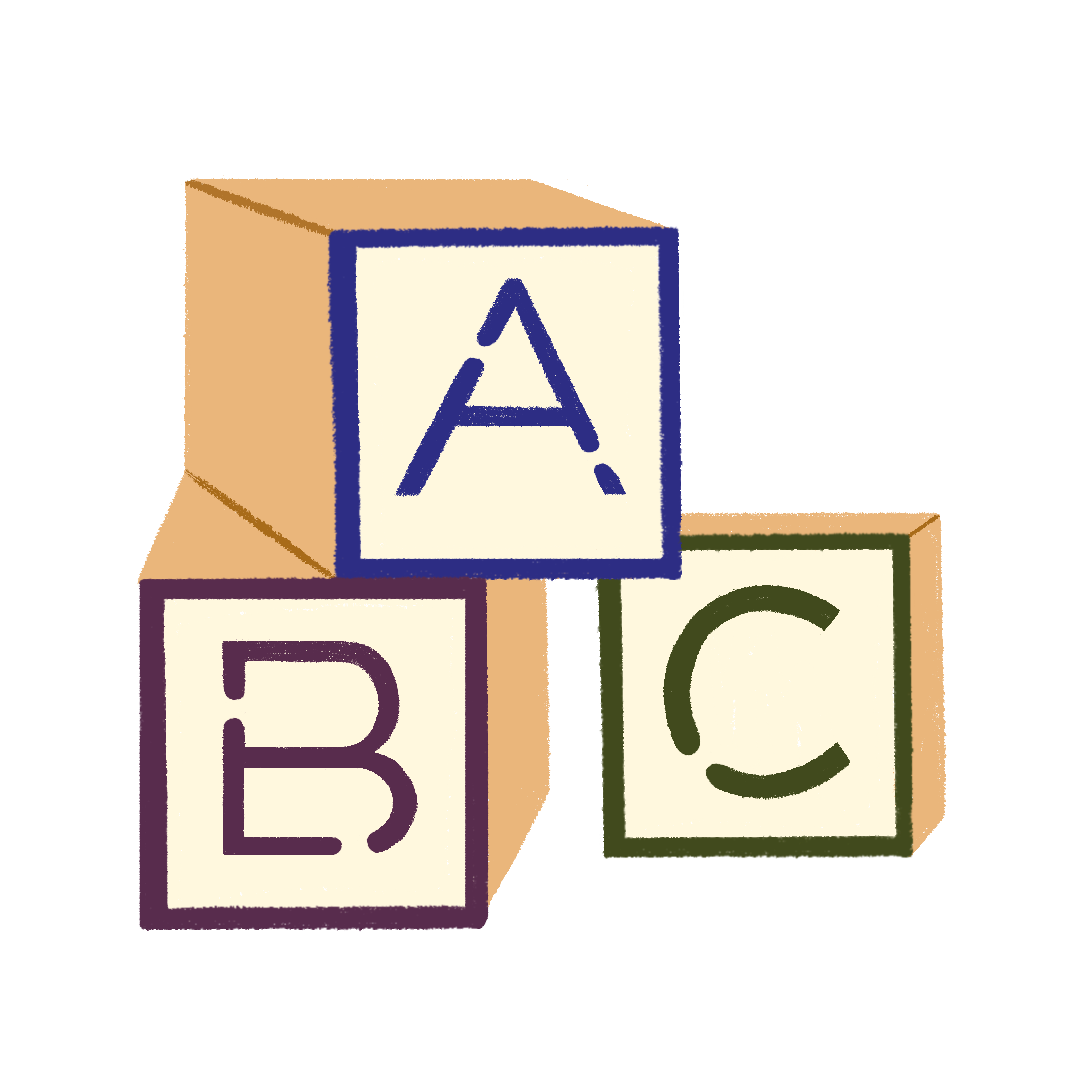What is a learning disorder?
A specific learning disorder or learning disability is a developmental disorder where a child demonstrates great difficulty in learning to read, write, or perform math problems. Many of these difficulties remain undiagnosed, which may result in problems for children and could persist until testing is performed and accommodations are made at the school and at home. Learning difficulties are more common than many expect. The most common type of learning disability is Dyslexia, which is a neurobiological disorder characterized by difficulties with word recognition, decoding words, reading fluently, and spelling. Dysgraphia is a term used to describe difficulties with writing, spelling, grammar, and/or poor or illegible handwriting. Dyscalculia is a term used to describe difficulties with math facts and math calculations.
Why complete a diagnostic assessment?
Learning difficulties at school often lead to children lagging behind peers. Early evaluation could reduce frustration and help your child gain access to tools and accommodations that allow them to be successful in school and later in life. Early intervention is key to helping children overcome their challenges and avoid years of academic difficulties and lack of progress in school.
How do you diagnose a learning disorder?
A comprehensive evaluation is required to make a diagnosis of a learning disability. At Honeycomb Psychology, a specific learning disorder evaluation may include the following components:
A diagnostic interview with the parent or caregiver that includes developmental history and current concerns
Intelligence/cognitive testing
Academic testing in all areas of reading, written expression, and mathematics
Executive functioning
Phonological processing
Social, emotional, and behavioral questionnaires completed by parents and caregivers
Input from teachers and review of curriculum-based measures, grades, and work samples
A comprehensive written report with results; DSM-V or medical diagnoses; recommendations for eligibility for school services (IEP or 504 eligibility); recommendations for parents; and recommendations for services in the community
A meeting with families to review the results, recommendations, and develop a plan for treatment and prioritizing services
What do I do if I think my child has a learning disorder?
Please Contact us to determine if an evaluation is needed.


